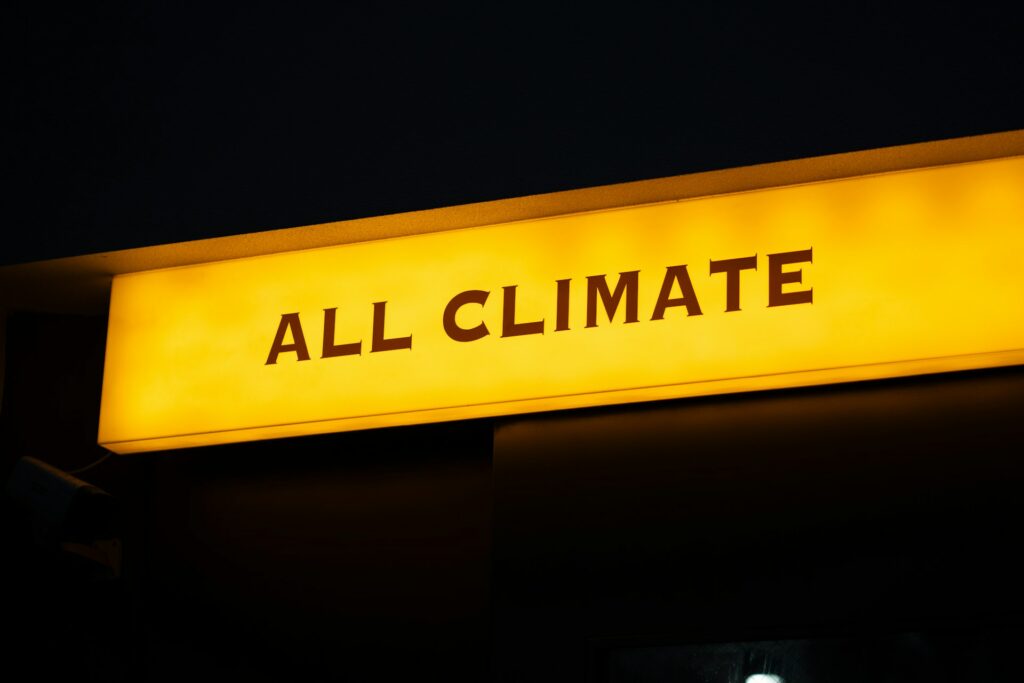Universities’ Role in Climate Change Research Why Universities Are Essential to Climate Change Solutions

Universities’ Role in Climate Change Research Why Universities Are Essential to Climate Change Solutions
Because universities integrate scientific research, innovation, teaching, and policy impact, they are particularly positioned to solve climate change. They serve as hubs for the development of knowledge and play a crucial role in generating solutions that are founded on facts, educating the next generation of leaders in the fight against climate change, and encouraging cooperation on a worldwide scale.
Using Research to Further the Field of Climate Science
Universities carry out basic research that expands our knowledge of climate systems, greenhouse gas emissions, and the effects of global warming. The foundation for international climate policies is provided by this research, which also informs strategies for both mitigation and adaptation.
Creating New Technologies for Clean Energy
When it comes to research on renewable energy, university science and engineering departments are leading the way. Universities are responsible for the development of several inventions that are helping to lessen our dependence on fossil fuels and speed up the transition to more sustainable energy sources. These innovations include wind turbines, solar panels, biofuels, and hydrogen technologies, among others.
Providing Information for Public Policy
National and international policy about climate change are often influenced by research conducted at universities. Policy papers are written with the help of faculty experts, who also provide guidance to governments and work with groups that are taking action to combat climate change. Universities play a significant role in the assurance that climate solutions are founded on robust evidence by closing the gap that exists between science and policy.
Educating the Climate Leaders of Tomorrow
Universities not only provide information, but they also play a role in shaping the leaders of tomorrow. Students who complete degree programs in environmental science, sustainability, or climate studies will be prepared to tackle ecological issues in their future professions, which may take them to government agencies, businesses, or non-profit organizations. In addition, courses that include sustainability into the fields of commerce, law, and engineering guarantee that an understanding of climate change extends to all areas of study.
Encouraging Interdisciplinary Collaboration
The issue of climate change is a complicated problem that calls for knowledge from a number of different disciplines. Collaboration between economics, scientists, engineers, social scientists, and policymakers is encouraged by universities. In this multidisciplinary method, environmental, economic, and social factors are taken into consideration, resulting in solutions that are all-encompassing.
Participation in Community Activities at Both the Local and Global Levels
Universities often operate as centers for community involvement, organizing campaigns to raise awareness about climate change, collaborating with local governments, and providing assistance to grassroots organizations. They work together with organizations from all over the globe on an international level, ensuring that there is an interchange of information and that cooperative research initiatives are carried out that address problems related to the global climate.
The Living Laboratory as a Model for Campus Sustainability
By incorporating environmentally friendly methods of operation on their campuses, a large number of colleges are setting a good example for others to follow. Campuses may operate as “living laboratories,” where students can see real-world implementations of climate solutions, like renewable energy initiatives, green buildings, waste reduction programs, and sustainable food systems.
Providing Support for Research on Adaptation and Resilience
In addition to efforts to mitigate the effects of climate change, universities are also doing study on how society might adapt to the impacts of climate change. Communities are able to prepare for and overcome the difficulties posed by climate change via research that is conducted on coastal resilience, agriculture in circumstances that are changing, and urban climate planning.
Incentivizing New Businesses and Innovation
Startups and entrepreneurial enterprises that are connected to climate change get assistance from both university incubators and research organizations. New business models and technologies that are designed to tackle problems related to the environment are being developed by students and researchers; they include carbon capture and sustainable agriculture, among other things.
Difficulties Encountered by Universities in the Field of Climate Research
Universities have a number of issues, including a lack of finance, political constraints, and the difficulty of turning research into policy that can be put into action, notwithstanding the contributions that they make. In addition, the advancement of climate research on a worldwide scale may be hindered by the differences that exist between institutions that are well-funded and those that are located in underdeveloped nations.
The Role of Universities in the Future
Universities are anticipated to play an increasingly more significant role in global climate action in the future. The integration of artificial intelligence (AI), large data, and improved modeling will increase the precision of research. Partnerships with both the government and industry will grow, which will ensure that discoveries make the transition from the laboratory to practical use in the real world.
Combining research, innovation, teaching, and community participation, universities are the cornerstone of the battle against climate change. They are essential participants in the construction of a future that is both environmentally responsible and resilient because of the contributions they make to the development of sustainable technology, the training of future leaders, and the formation of policy. Universities will continue to make invaluable contributions to the effort to bring about significant change on a global scale as the problems posed by climate change become more severe.




